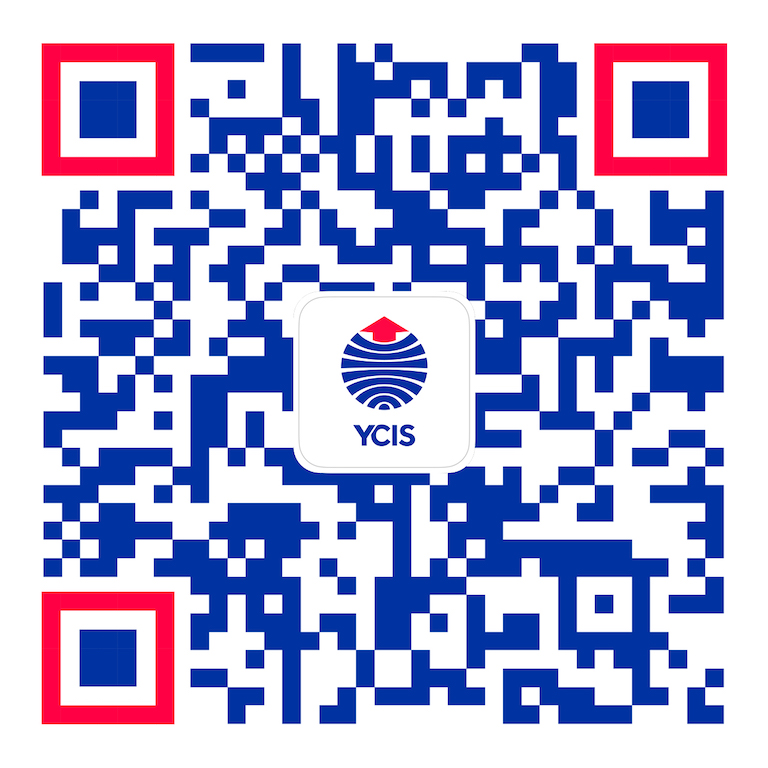Go Back
News
Press
【The Standard】A springboard for young children to reach their full potential
Press
27 Jun, 2023
00 : 03
The latest episode of The Standard Education Talks explores how a child-centered emergent curriculum, bilingualism and a home-school partnership are pivotal in the education and development of young children.
Early childhood is a time of wonder and of love, and early-years education should build a strong foundation for the whole child to flourish for life. Yew Chung International School (YCIS) Early Childhood Education’s Infant and Toddler Learning Programme – curated specifically for children aged six months to two years – sets out to do exactly that.
“Recognizing that young children are natural-born explorers, and that schematic play is more common among younger age groups, the programme prioritizes uninterrupted play experience on a daily basis, in response to children’s interests, ideas and developmental needs,” says Anna Bevan, Western Campus Coordinator
.Based on the school’s teaching philosophy, the teacher’s role is to observe, reflect and respond to what they see, providing responsive play opportunities for the children that will scaffold their holistic learning and development – whether this is language development, physical development, Mathematics or literacy. “Schematic play
scan apply in all areas of learning and the possibilities are endless,” Bevan says.What underpins everything that the school does is a deep-seated respect and trust between teachers and children, students and students, home and school. When it comes to the Infant and Toddler Learning Programme, children have the opportunity to join three to five sessions per week, every session joined by a caregiver from the child’s close family circle.
A session is two and a half hours long. The moment children arrive on campus, the classrooms are ready to welcome them with play opportunities and stimulating environments, and there are three teachers in the classroom creating a welcoming, multilingual environment.
On the benefits of multilingual learning early on, Stella Jim, Chinese Campus Coordinator, says that “building up a linguistic repertoire, boosting brain capacity, logical thinking and interpersonal skills are among the major advantages”.
“Because these children are very young, most of them aged below two years, the accompaniment by an adult who is close to them will help them feel safer and more secure in the school environment, prompting them to develop relationships with classmates and teachers,” explains Jim.
Jim notes it’s crucial for the school to provide parents with support should they encounter any difficulties at home. A variety of workshops and activities are designed for families: each month teachers share readings and conduct discussions with caregivers, and there are also handy tools for them to record children’s evolving interests.
This home-school partnership is instrumental in supporting diverse needs across different age groups, not least those with special educational needs. Angela Kotze, Student Support Services Coordinator, is part of a team dedicated to supporting the individual needs and care of students and families.
“It could be in the form
sof counselling, in-classroom support for specific learning trajectory, up-skilling teachers in understanding students’ strengths and vulnerability, or therapeutic plays for children who are navigating various socio-emotional needs,” Kotze notes. In the school’s Tseung Kwan O campus, the team also collaborates with specialist therapists, allowing students to access interventions for various learning needs during the school days, and bringing in inclusivity.At YCIS, collaboration between school and home is important for children’s growth as Kotze shares, “it helps caregivers better understand a child’s developmental needs and strengths to promote positive learning outcomes.”









